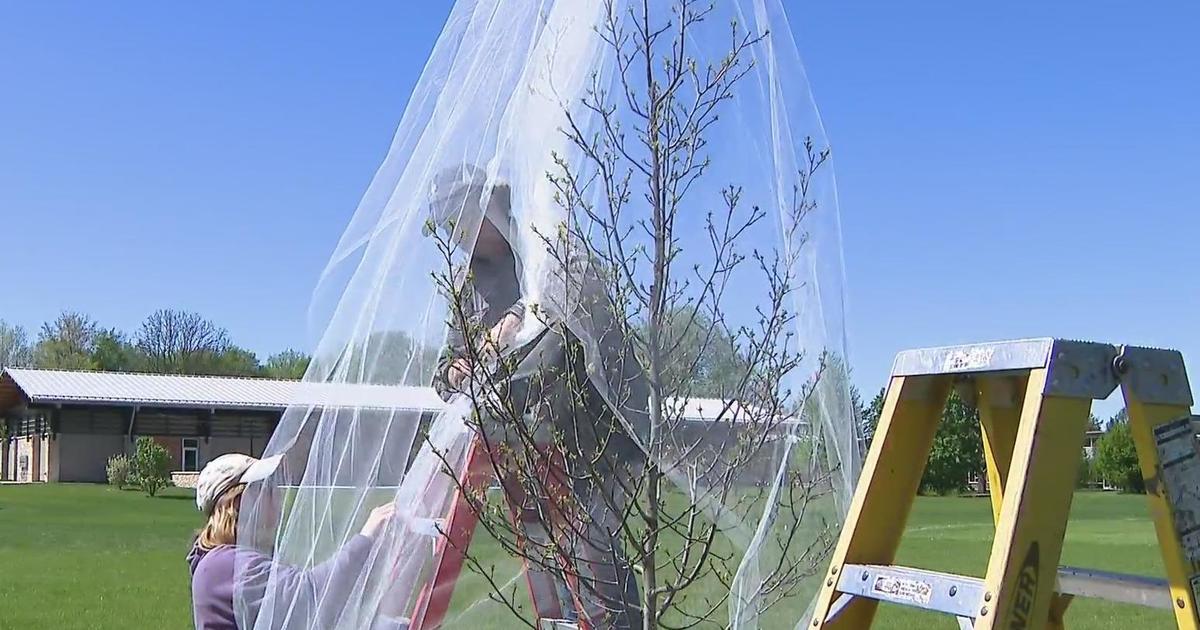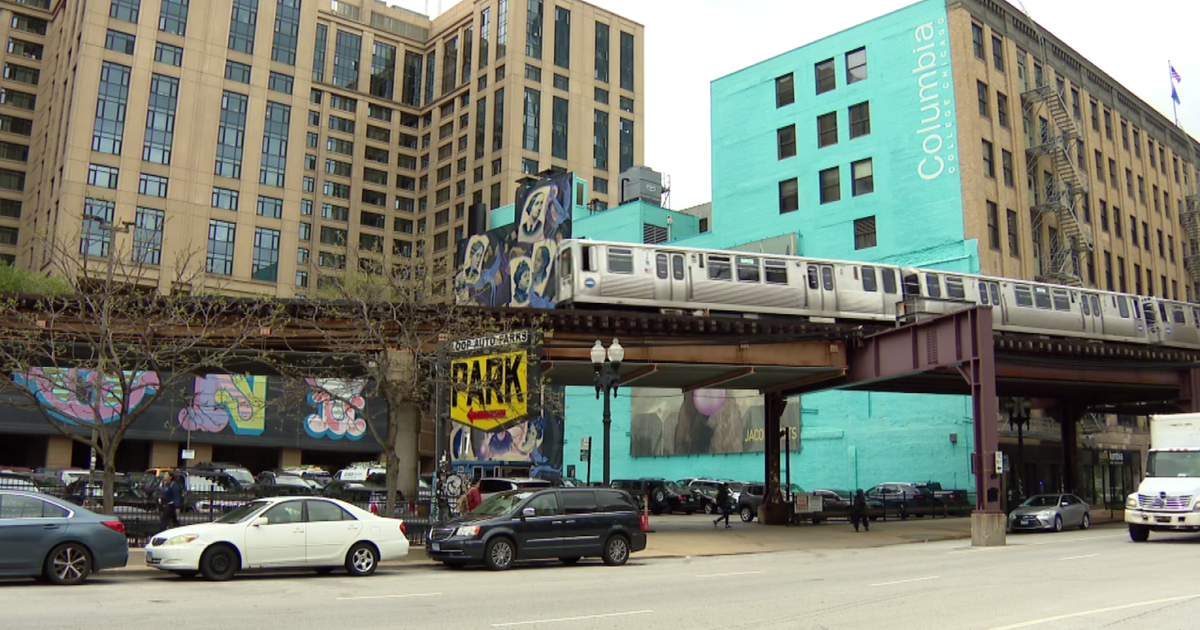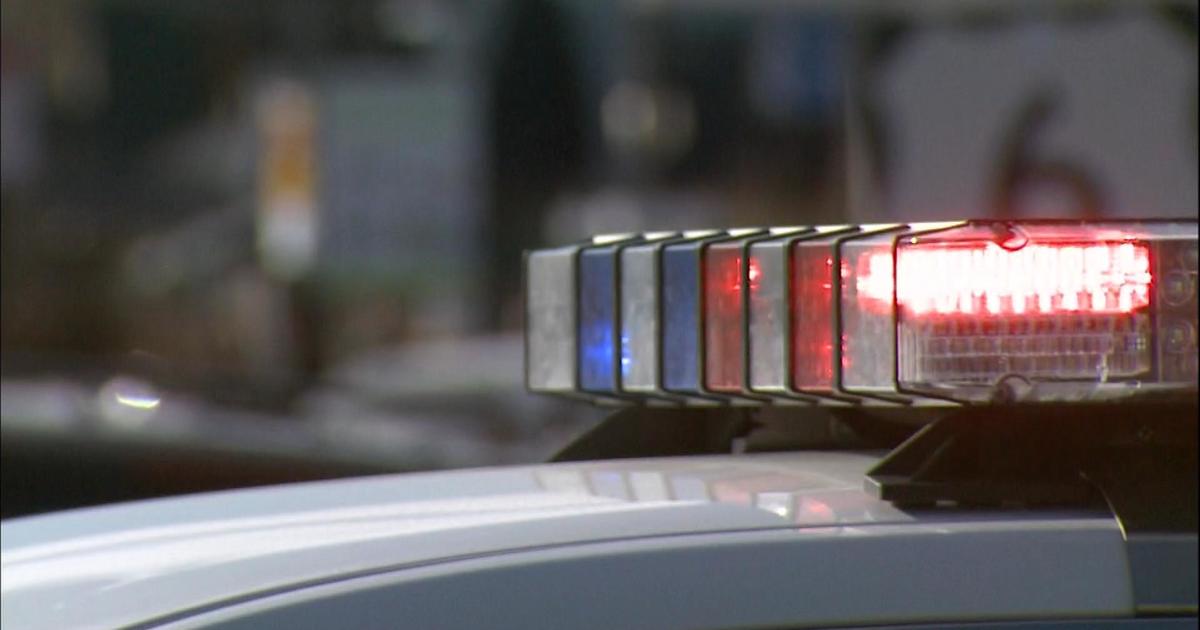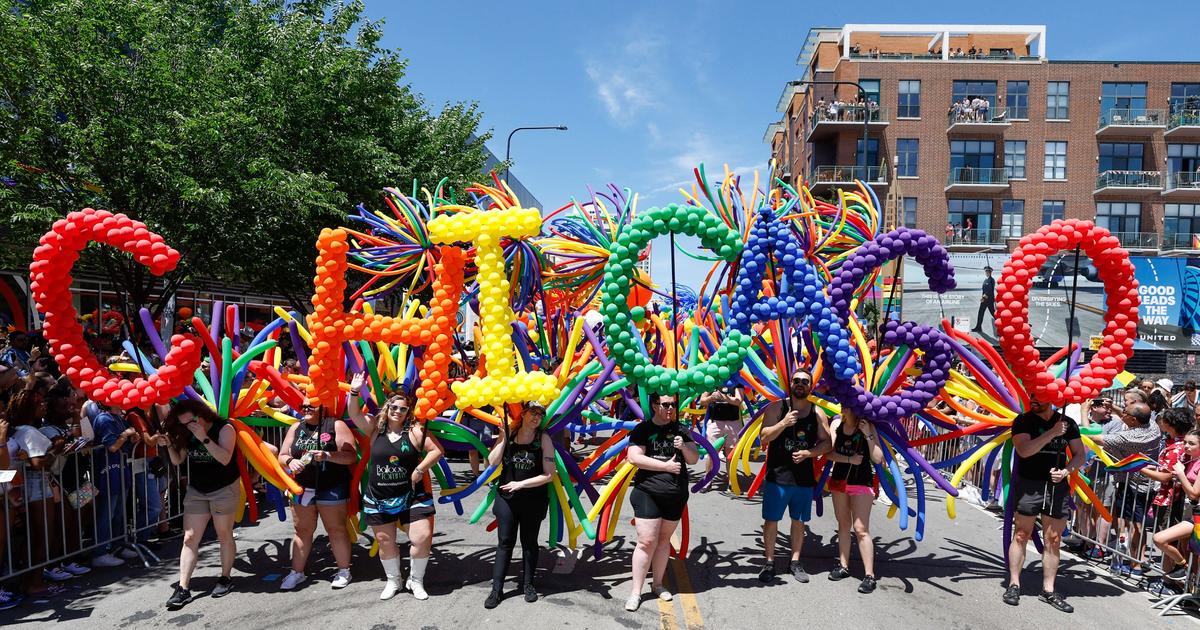Quinn Approves City's Plan To Bust Speeders With Cameras
UPDATED 02/06/12 4:46 p.m.
SPRINGFIELD, Ill. (CBS) -- Gov. Pat Quinn has signed legislation allowing the City of Chicago to use cameras to catch speeders near schools and parks.
The governor waited until the last minute to approve a measure which could blanket half the city with the automated speed traps.
The bill, S.B. 965, will go into effect July 1. It allows the city to use speed enforcement cameras with 1/8 of a mile, or one city block, around schools between 6 a.m. and 10 p.m. each weekday.
The bill also allows speed enforcement cameras to be used within 1/8 of a mile around parks from one hour before the parks open to one hour after they close. This means the cameras will only be shut off between midnight and 5 a.m.
LISTEN: WBBM Newsradio Political Editor Craig Dellimore reports
Podcast
The legislation only applies to the city of Chicago.
Right now, the city has red light cameras in 79 locations within a 1/8 of a mile of a school or park. But a published report said the proposed legislation to allow speed cameras in the city showed the legislation would allow at least 47 percent of the city to be covered by the cameras – not including areas around colleges and universities.
Any motorist busted by a camera would be sent a ticket in the mail. Sponsors said the tickets would be sent to the owner of the car caught speeding. The cameras would only take photos of the speeding car's license plate, not the driver.
The owner would be subject to a fine of up to $50 for being caught driving 6 to 10 miles an hour over the speed limit. Drivers going 10 miles an hour or more over the limit would be fined up to $100. Fines would be doubled if they are not paid on time and five unpaid fines would result in the loss of the owner's driver's license.
As CBS 2 Chief Correspondent Jay Levine reports, public opinion seemed clearly against the measure, but Quinn signed it anyway, saying it was the right thing to do.
Mayor Rahm Emanuel and Chicago Public Schools CEO Jean-Claude Brizard also pushed hard to get the measure through the General Assembly
But Quinn repeatedly ducked the question of the public being firmly against the measure when he was questioned about the legislation on Monday.
"I felt that this particular legislation – as advocated by Mayor Rahm Emanuel and limited to proximity of schools and parks – was in the best interest of the people of Chicago, and especially the children," Quinn said.
Last month, The Expired Meter website issued a Freedom of Information request on all calls, emails and letters from the public to the governor's office about the legislation and found that of 224 calls, letters and emails about the speed camera bill, 91 percent were opposed to it.
Both Quinn and Emanuel have downplayed those findings. Quinn has said the calls to his office were not the same as a scientific poll of Chicago residents.
Emanuel released a statement Monday morning thanking Quinn for signing the bill.
"Since day one as mayor, my top priority has been to ensure that Chicago's children can focus on their studies, not worry about their safety," the mayor's statement said in part. "We have introduced stronger curfew laws, supported after-school and safe passage programs and put more cops and crossing guards closer to our schools. I am grateful to Governor Quinn for supporting one more step in our comprehensive strategy to keep Chicago's children safe."
Brizard says the reasoning behind the legislation has always been protecting children.
"Children shouldn't have to risk their lives by crossing streets with speeding cars, but they do in our city every single day," Brizard said Monday.
Before Emanuel began his push for speed cameras last fall, Chicago was already at or near the top of the list of cities with the most red light cameras. The proposal would allow the city to use existing red light cameras and mobile cameras to catch speeders in the act within 1/8 mile of schools and parks in Chicago.
The mayor cited accident and injury statistics to justify enabling red light and mobile cameras to catch speeders at intersections near schools and parks, but the city's own study indicated more than 50 percent of all children struck by cars are hit in the middle of the block, not at an intersection.
One of the first red light cameras that will be upgraded to detect speeders is located at the intersection of Peterson and California avenues, near Mather High School. The speed limit there when kids are around is 20 miles an hour.
Using a radar gun, CBS 2 spotted drivers going as fast as 41 miles an hour through that intersection on Monday.
Barnet Fagel, a longtime red light camera critic who calls himself, "The Ticket Doctor," said the legislation will mean, "a lot of people are gonna spend a lot of money for invented infractions."
When pressed on whether those infractions would be truly "invented" if the drivers are speeding, Fagel said, "that assumes that the cameras and the speed sensors are accurate, which they haven't proven to be."
Fagel said he's found such systems' measurements are off by 20 percent, which might be the legislation does not allow tickets to be issued unless drivers are going at least 6 miles per hour over the limit.
The debate over speed cameras has been raging all over the nation; from Washington, D.C., where they contributed $12 million to city coffers, to Arizona, where officials did away with them altogether.
The mayor, who has said he doesn't care if the cameras don't provide a dime of revenue for the city, said in a written statement Monday that, "all this requires is that drivers obey the laws near schools and parks to ensure the safety of our kids."
State Rep. Monique Davis (D-Chicago) agreed.
"How many children have to die before you think it's important?" Davis asked reporters.
Asked if her constituents support the legislation, Davis said, "as far as I know, it represents the will of our people, because we don't want people in Chicago speeding around parks, we don't want them speeding around the schools."
Even so, many still suspect the speed cameras are simply cash cows for a cash-starved city; and projections of revenue from these cameras of more than $100 million a year don't exactly argue otherwise.
Before enforcement with speed cameras begins, the city will conduct a 30-day public education campaign to inform drivers of the new speed cameras. Intersections with the cameras will also have signage informing drivers that the speed cameras are there.



